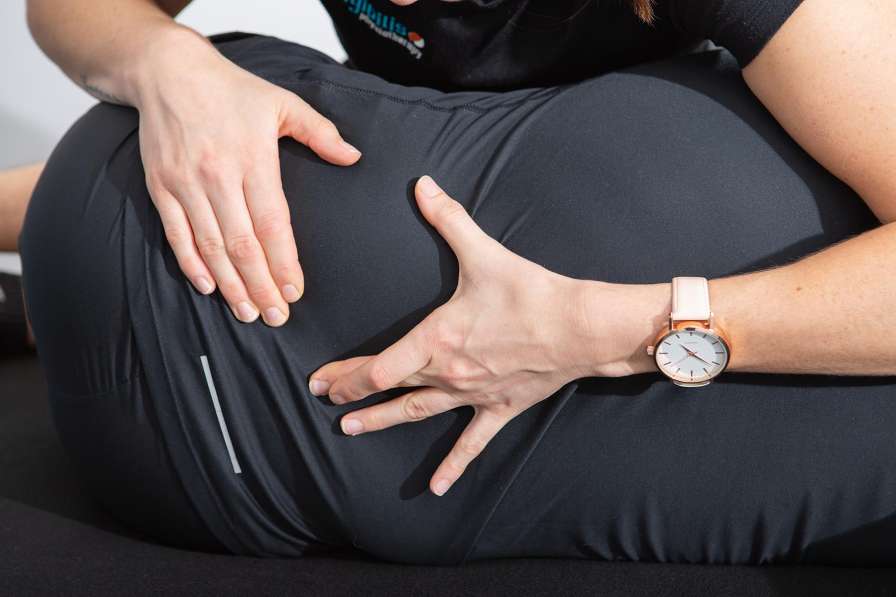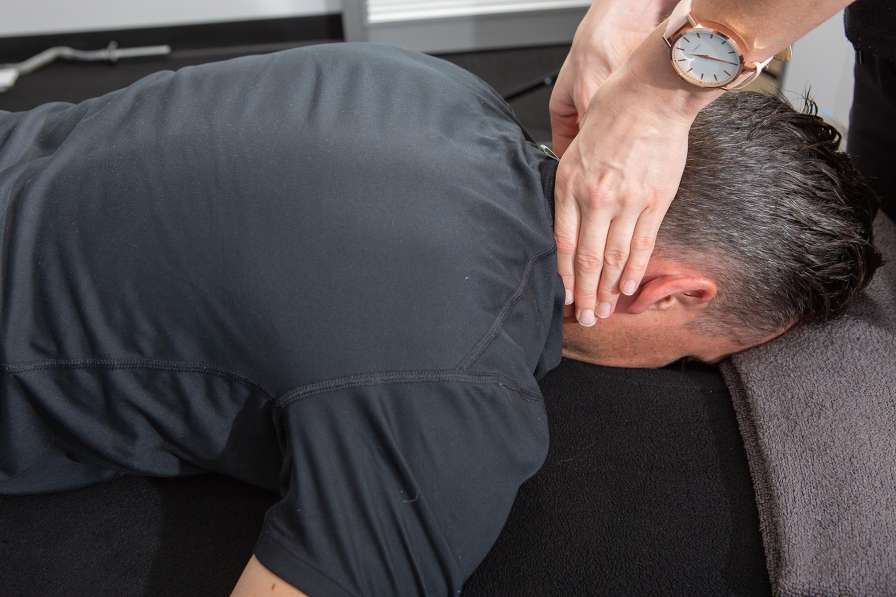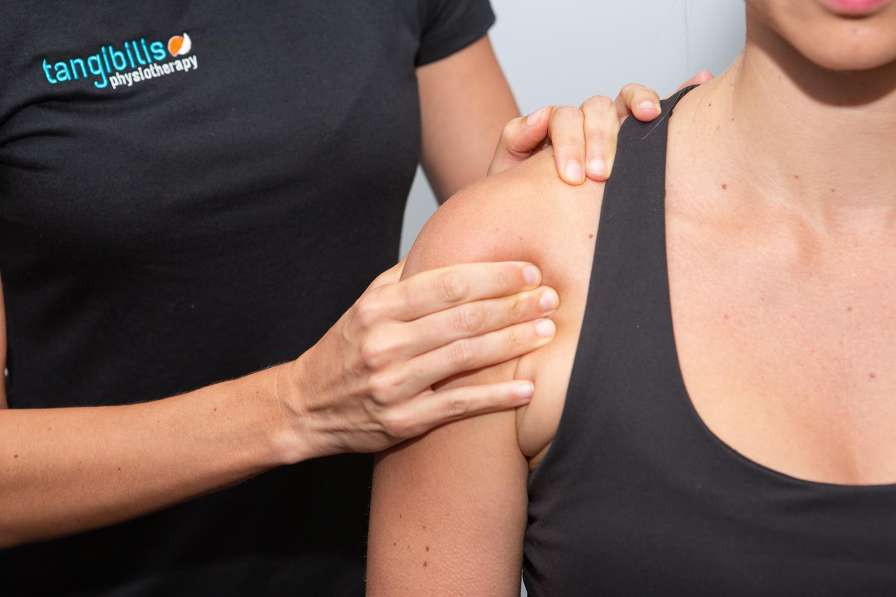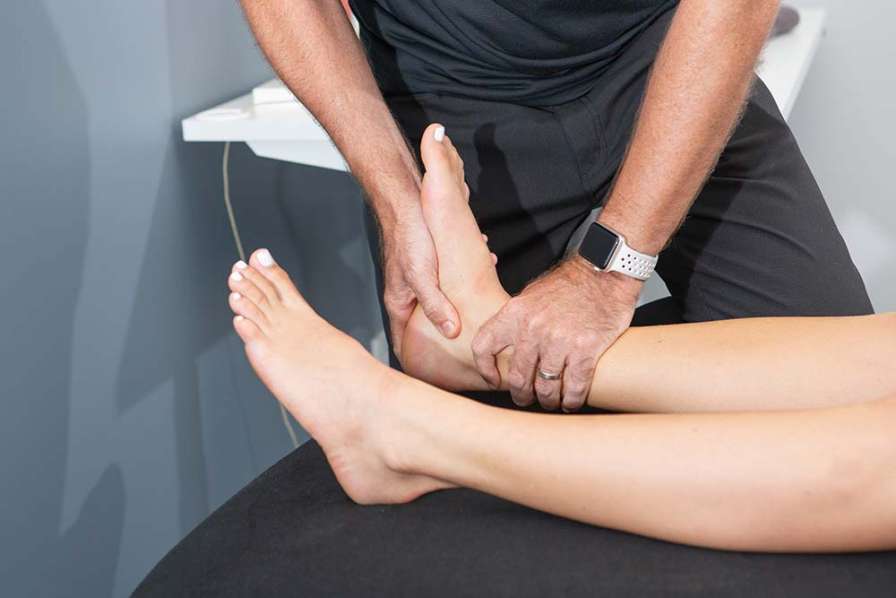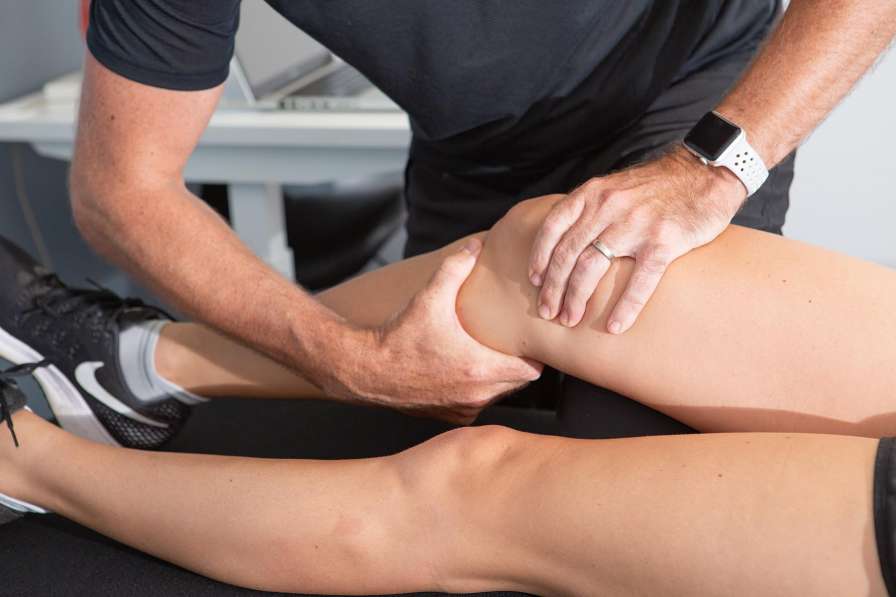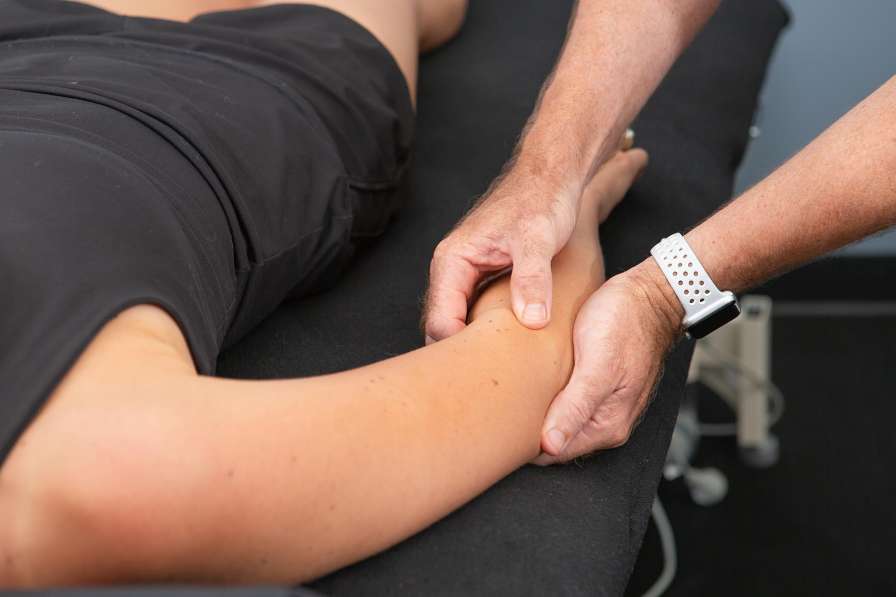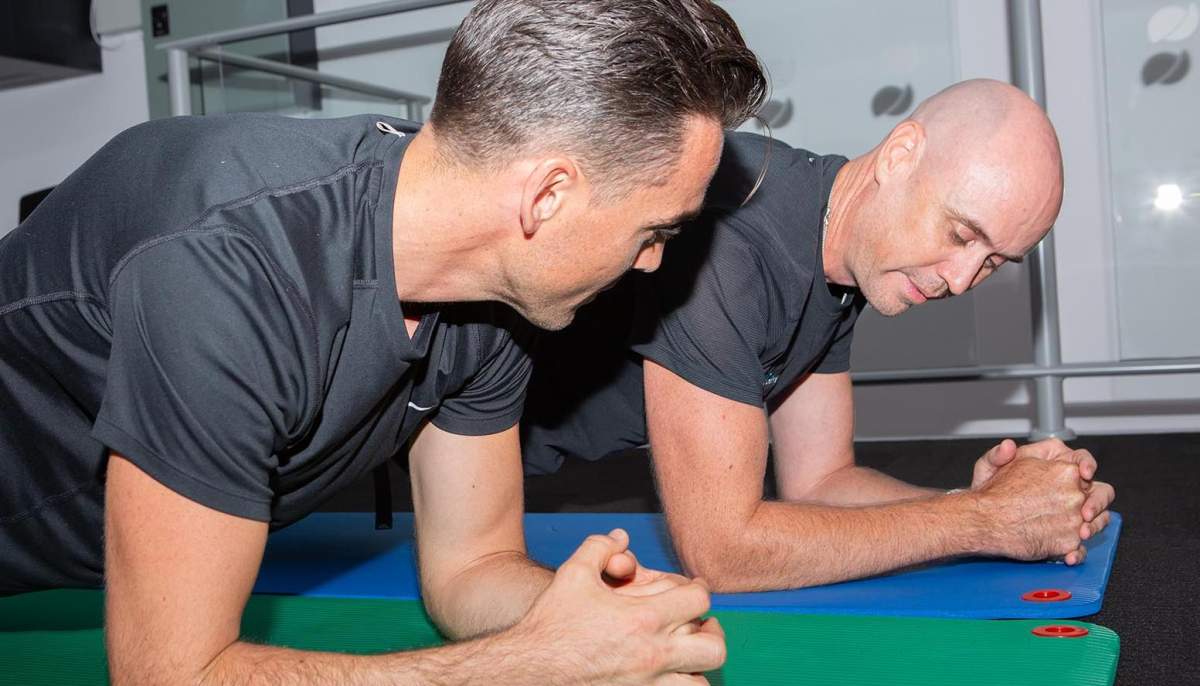Muscle injuries
When muscle injury occurs, the result is a strain (tear), classified as grade I, II or III. A grade III strain is a complete rupture of the muscle/tendon junction. The most common muscle strains in sport occur in the hamstrings, calves and quadriceps. Similar strains can be experienced in the biceps and rotator cuff muscles of the shoulder.
While acute muscle strains usually occur during rapid acceleration or deceleration movements, they are also known to occur in collision/impact trauma. These tears are called contusions or sometimes they're referred to as a "corky". They usually cause a great deal of pain and inflammation due to bleeding.
The best advice following a muscle strain or corky is to ice, compress and immobilise the affected region, before seeking further advice within 24-48 hours. If you call us in that timeframe, we'll be able to arrange an assessment to diagnose the severity of your injury and provide the right treatment for your rapid return to chosen activity.
Tendon injuries
Tendons are the sinewy ends of muscles that attach to your bones, and feel a bit like a cord to touch. Tendon injuries can include partial or complete rupture, often without warning, at the bony attachment. More commonly, tendon injuries are the result of repetitive stress, training errors or faulty biomechanics. These are referred to as tendinopathies, but you might know them by their slightly outdated name as tendonitis.
Tendon injuries are common in the patella, achilles, rotator cuff (shoulder) elbow and thumb. They require careful assessment and structured rehabilitation to adequately recover. It can take weeks to months for a more serious tendon injury to resolve. It's best you get to us early if you're struggling with niggly tendon pain, as we can help shorten the cycle and prevent reoccurrence.
Ligament injuries
Ligaments are basically thickened sections of connective tissue acting as passive restrains for your joints. They are very important for stability. When ligaments tear or rupture, not only are they incredibly painful experiences, they render the joint unstable and vulnerable to further injury. Ligaments sprains are classified similarly to muscle strains (see above). Our physiotherapists can expertly assess the degree of sprain and provide the right care from the get-go. Stabilising the joint is extremely important, and may require taping, bracing or splinting for extended periods of time up to several weeks.
You may have heard of the anterior cruciate ligament (ACL) of the knee. Severe ruptures to this ligament get a lot of exposure in the sporting media due to the devastating effect they have on player's careers and team's extended injury lists. They can take 12 months to recover from following reconstructive surgery.

